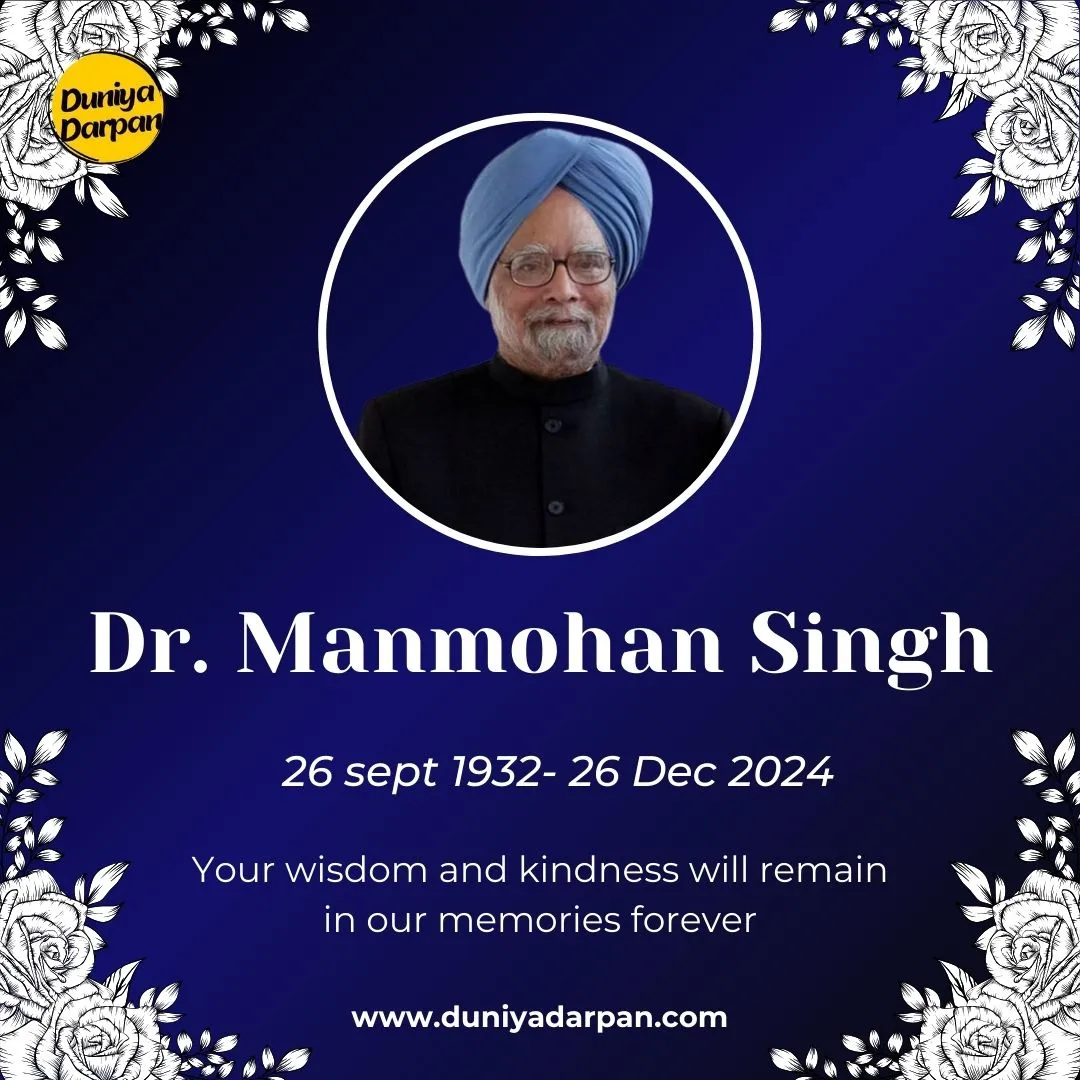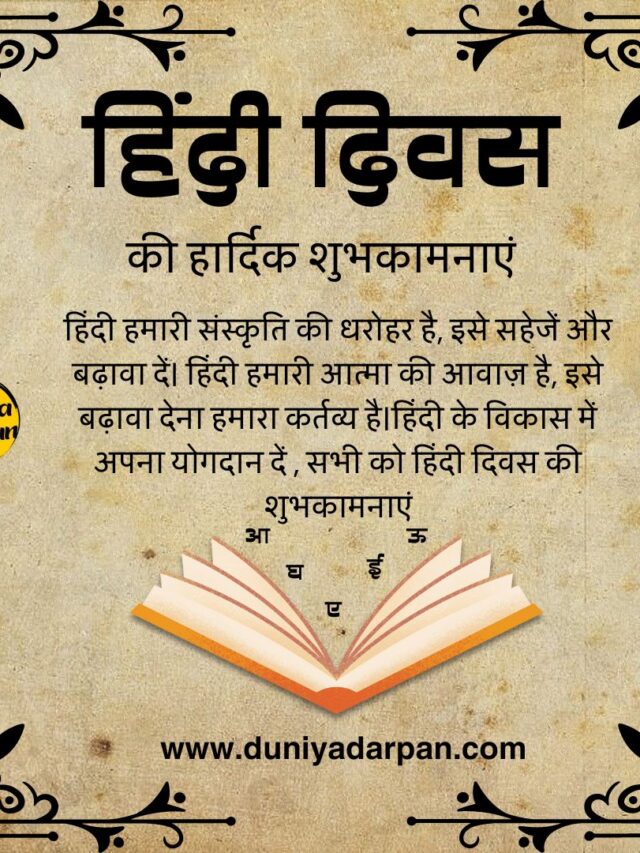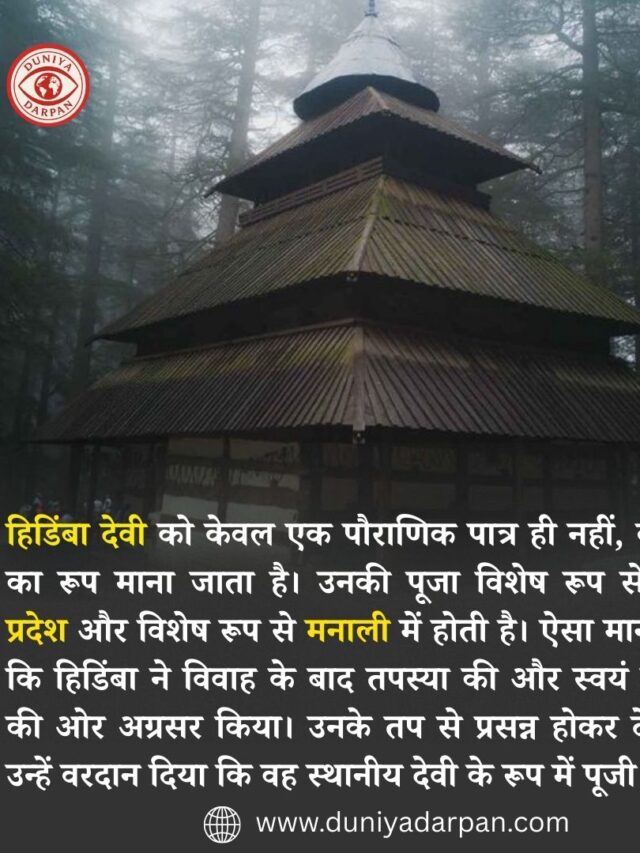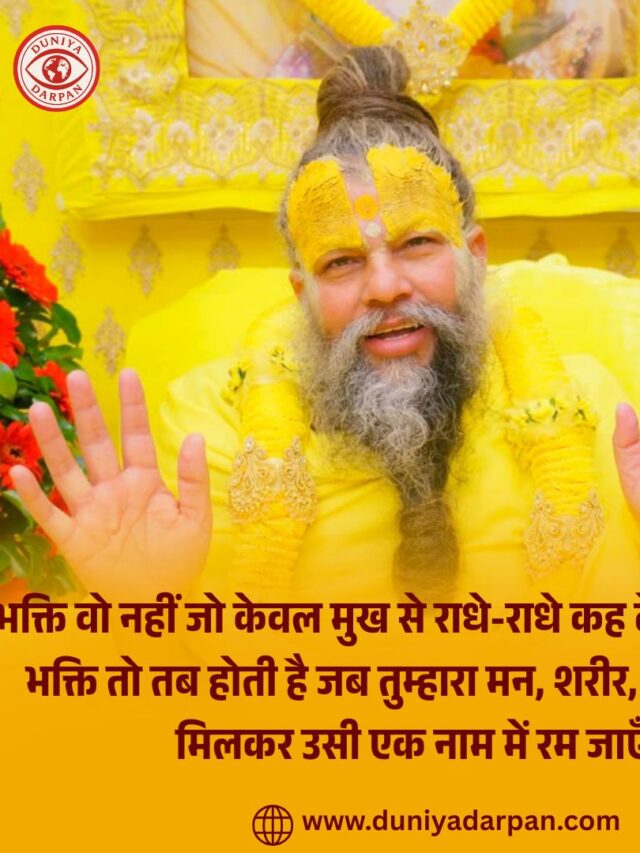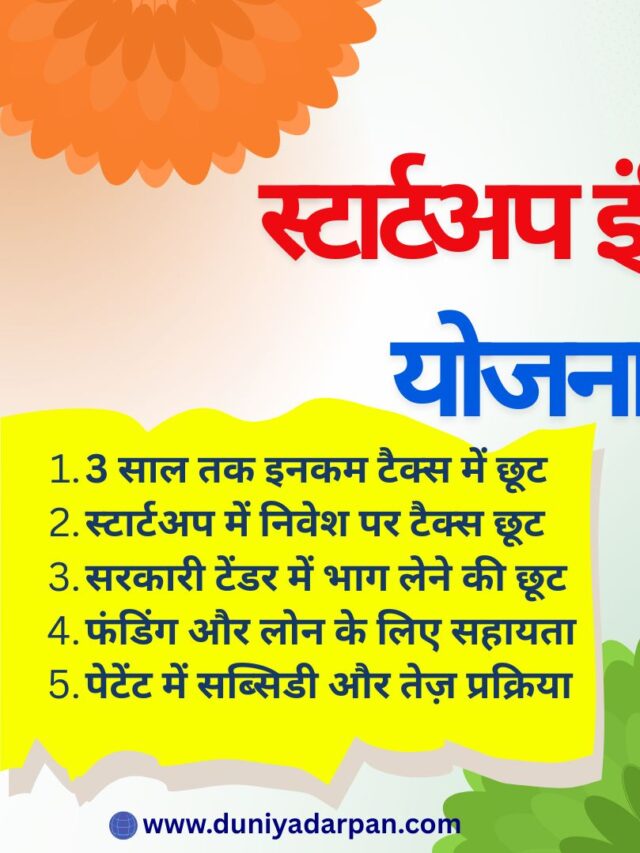A Life of Service: The Journey of Dr. Manmohan Singh
Dr. Manmohan Singh, former Prime Minister of India and a highly respectfull figure in Indian politics and economics, passed away on December 26, 2024, at the age of 92. His contributions to India’s economic reforms and governance remain an integral part of the nation’s modern history
Early Life and Education
Dr. Manmohan Singh was born on September 26, 1932, in Gah, a small village in Punjab (now in Pakistan). After the partition of India in 1947, his family migrated to Amritsar, India. Known for his academic brilliance, Singh pursued economics and obtained degrees from prestigious institutions. He earned his Bachelor’s and Master’s degrees in Economics from Punjab University and later studied at University of Cambridge. He completed his D.Phil. in Economics at University of Oxford in 1962, focusing on India’s export trade.
Academic and Professional Career
Dr. Singh began his career as an academic, serving as a professor at the Delhi School of Economics. He later worked with international organizations, including the United Nations Conference on Trade and Development (UNCTAD). His economic expertise led him to hold various significant administrative positions in India:
- Chief Economic Advisor to the Government of India (1972–1976)
- Governor of the Reserve Bank of India (1982–1985)
- Deputy Chairman of the Planning Commission (1985–1987)
Contribution to the Indian Economy
Dr. Manmohan Singh’s most notable contribution came as the Finance Minister of India (1991–1996) under Prime Minister P. V. Narasimha Rao. At that time, India faced a severe economic crisis marked by balance-of-payment problems and dwindling foreign exchange reserves. Dr. Singh initiated major economic reforms that transformed India’s economic landscape:
- Liberalization: Reduced government control over industries, allowing greater private-sector participation.
- Privatization: Encouraged privatization of public sector enterprises.
- Globalization: Opened up India’s economy to foreign investments and trade.
- Fiscal Reforms: Implemented measures to reduce fiscal deficits and stabilize the economy.
His landmark budget of 1991 is considered a turning point in India’s economic history, laying the foundation for the high growth rates experienced in subsequent decades.
Prime Ministership (2004–2014)
Dr. Manmohan Singh served as the 13th Prime Minister of India, leading the country through two consecutive terms:
- First Term (2004–2009):
- Introduced the Mahatma Gandhi National Rural Employment Guarantee Act (MGNREGA) to alleviate rural poverty.
- Focused on economic growth, achieving high GDP growth rates.
- Signed the India-US Civil Nuclear Agreement, boosting India’s access to nuclear technology and energy resources.
- Second Term (2009–2014):
- Oversaw the Food Security Act, ensuring subsidized food grains to the poor.
- Faced challenges with allegations of corruption in major scandals, such as the 2G spectrum case and coal allocation scam.
- The global financial crisis of 2008 impacted India’s economy, but Singh’s leadership helped stabilize the situation.
Leadership Style and Legacy
Dr. Singh was known for his humility, integrity, and technocratic approach to governance. He was often described as a reluctant politician, more comfortable with policy formulation than political maneuvering. Despite criticism during his second term, his economic reforms and emphasis on inclusive growth left an enduring legacy.
Critical Condition at AIIMS
But In the years leading up to his passing, Dr. Manmohan Singh’s health had been a matter of public concern. He faced multiple health challenges, including cardiac issues, diabetes, and occasional hospitalizations. In 2021, he was treated for a fever and weakness at AIIMS Delhi. Over the years, his appearances became less frequent, and he largely stayed out of public life due to declining health. At last, he passed away on December 26, 2024, after being rushed to AIIMS Delhi in critical condition.
Dr. Manmohan Singh is widely regarded as the architect of India’s economic liberalization. His tenure as Prime Minister showcased his commitment to economic development, social welfare, and international diplomacy. However, his leadership transformed India into one of the fastest-growing economies in the world and positioned it as a global economic power
Follow us

